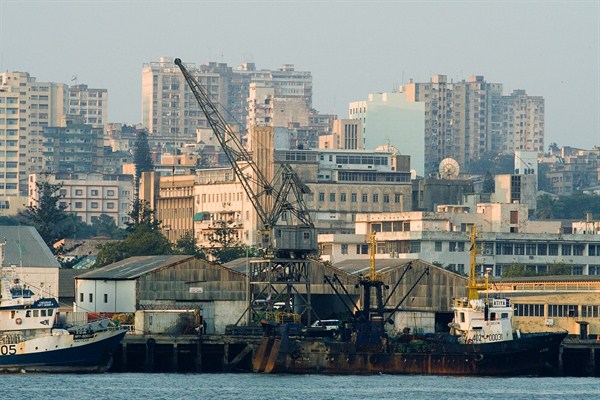Mozambique’s government was recently revealed to have borrowed $1.4 billion in previously undisclosed loans. In an email interview, Fernanda Massarongo Chivulele, a researcher at the Institute of Social and Economic Studies in Maputo, discussed the loan scandal and the fallout for Mozambique’s politics and economy.
WPR: What is the background of Mozambique’s debt crisis, and what are the immediate consequences and implications for the donor-dependent government budget?
Fernanda Massarongo Chivulele: Mozambique was taken by surprise by an April report in The Wall Street Journal about the existence of an undisclosed loan to the government in 2013, around the same time a $850 million loan to the state-owned Mozambican Tuna Company (EMATUM) had been signed. (The proceeds from the EMATUM loan had subsequently been diverted to purchase vessels for Mozambique’s navy, instead of to buy a fishing fleet for the company, as had been announced.) The existence of two more undisclosed loans contracted by the government totaling $1.4 billion was also discovered. These revelations made it clear that Mozambique’s official debt is $11.6 billion, rather than $10 billion, or nearly 76 percent of gross domestic product. That is even higher than it was in 2005, when the country took part in the International Monetary Fund’s Multilateral Debt Relief Initiative, a program that provided 100 percent relief of debt from the IMF, the World Bank and the African Development Fund to low-income countries.

